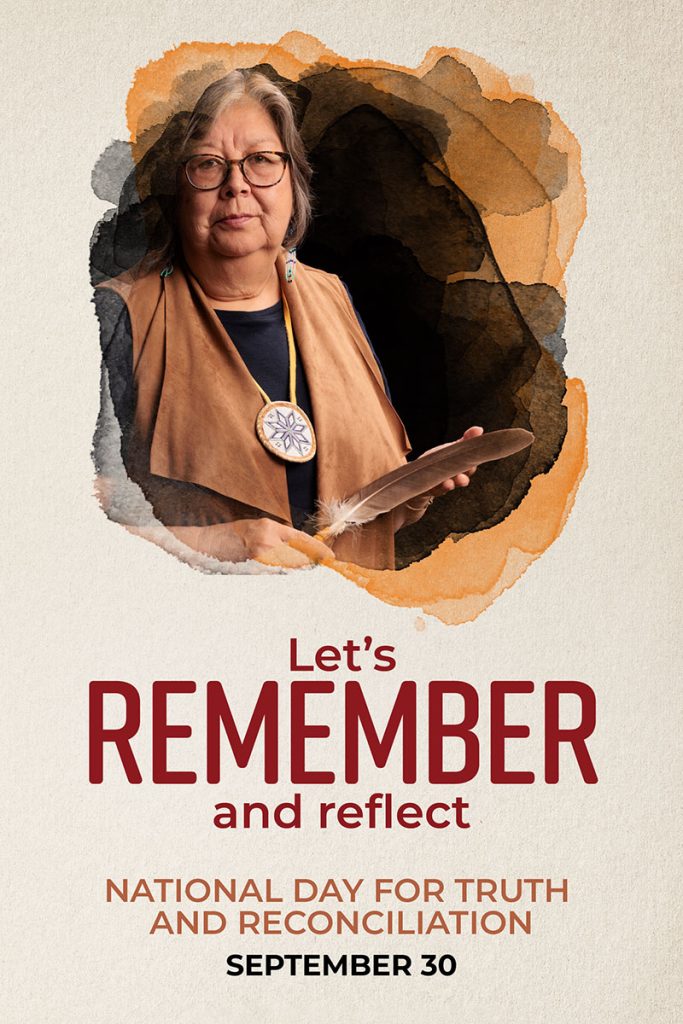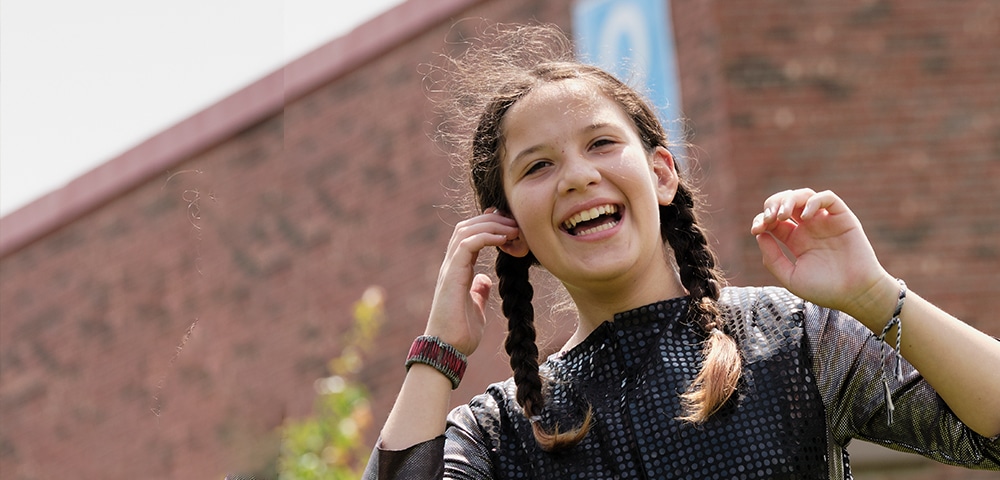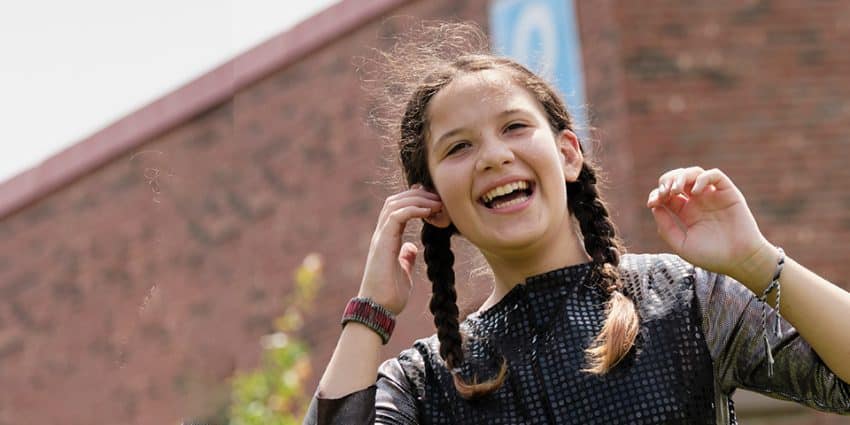What is Reconciliation?
Reconciliation in Canada means bringing together Indigenous peoples and Canadian settlers to repair their relationship that was tarnished by the colonization of Canada. Supporting reconciliation means working to overcome the inequality between Indigenous peoples and non-Indigenous citizens. Acknowledging the truth and acting on reconciliation is recognizing we are all treaty people in Epektwik.
It’s about people coming together, taking ownership, collaborating and ultimately forming a strong and unified front committed to the unique needs of the PEI Mi’kmaq.
We encourage you to learn more about L’nuey – the PEI Mi’kmaq Rights Initiative. This site will be regularly updated with information and educational materials on negotiations, consultation and governance development.

What is National Day for Truth and Reconciliation?
Each year, September 30 marks the National Day for Truth and Reconciliation. On the path to a brighter future for Epekwitk, for our home, we must reflect on the truth of the past. That’s why on September 30, National Day for Truth and Reconciliation, we invite all Islanders to come together to observe one minute of silence at 12 noon to honour the survivors of residential schools, their families, and communities. With open minds and open hearts, we can move closer to reconciliation.
September 30 recognizes the colonial legacy of residential schools and honours the survivors and children who never returned home, as well as their families and communities. National Day for Truth and Reconciliation is a day for sombre reflection and a key step towards reconciliation. Public commemoration of the tragic and painful history and ongoing impacts of residential schools is a vital component of the reconciliation process.
Why do we wear orange on National Day for Truth and Reconciliation?
The “orange shirt” in Orange Shirt Day refers to the new shirt given to Phyllis Webstad, a residential school survivor, by her grandmother for her first day of school at St. Joseph’s Mission residential school in British Columbia. When Phyllis got to school, they took away her clothes, including her new shirt. It was never returned. To Phyllis, the colour orange has always reminded her of her emotional trauma and negative experiences at residential school.
What is Orange Shirt Day?
Orange Shirt Day is an Indigenous-led grassroots commemorative day aimed at raising awareness of the intergenerational impacts of residential schools on survivors, communities, and families and promoting the understanding that “Every Child Matters.” The orange shirt symbolizes the stripping away of culture, freedom, and self-esteem experienced by Indigenous children over generations.
What does Reconciliation mean to you?
Recognition: Recognizing and acknowledging the Canadian government policies that have led to many past and present-day injustices for Indigenous peoples and communities.
Respect: Cultivate an environment that honours Indigenous culture and worldview. Celebrate and explore Indigenous achievements and contributions to today’s society.
Responsibility: Educate yourself and others about Indigenous history and culture.
Action: Support Indigenous peoples in asserting their inherent rights by using your voice and platform to take action that helps move us towards true reconciliation.


